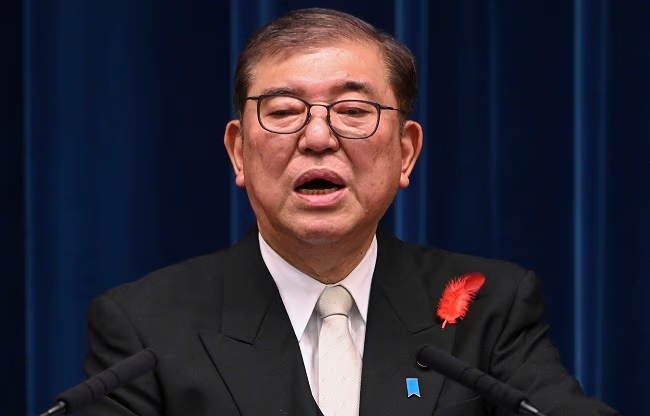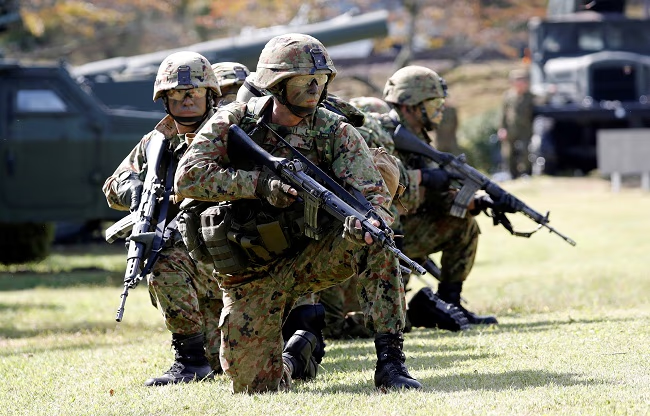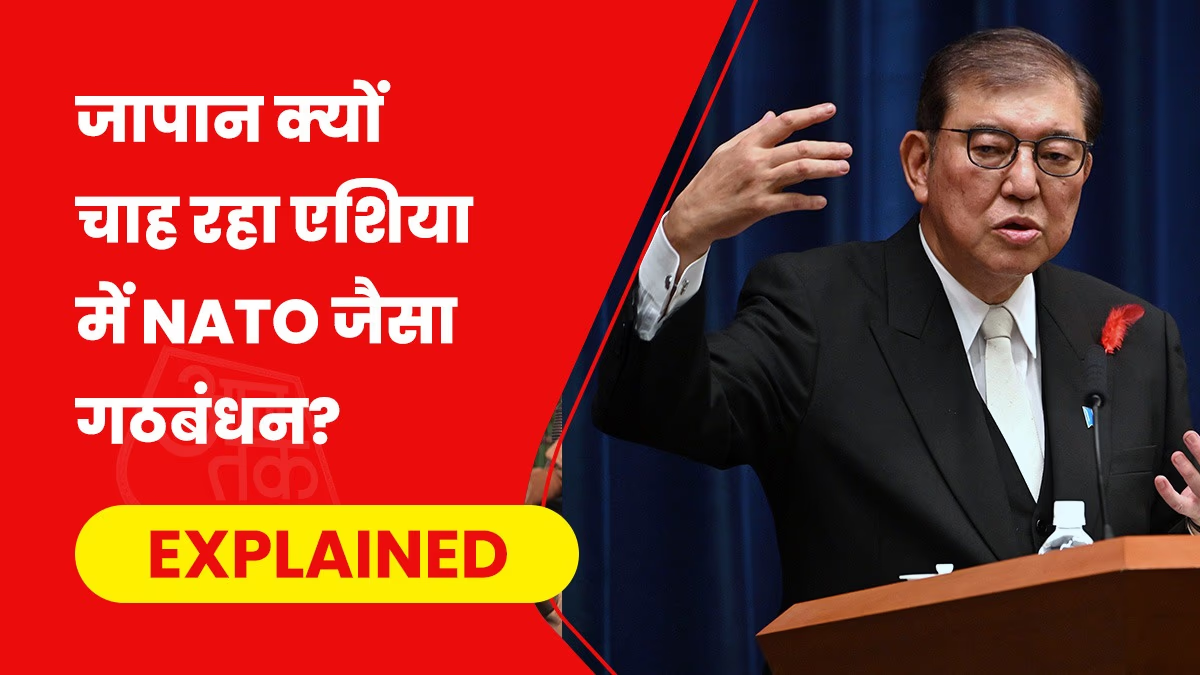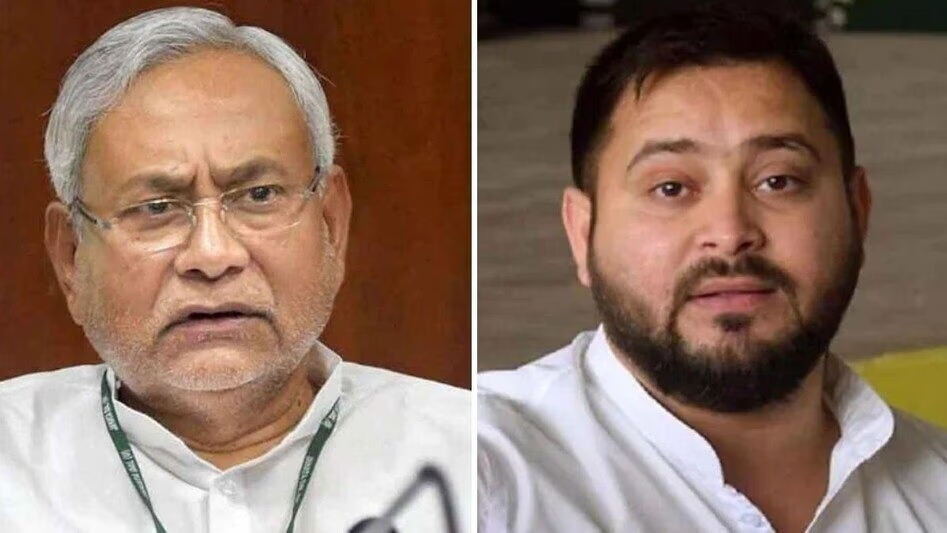Japan's Prime Minister Shigeru Ishiba has sparked discussions on forming a strong military alliance akin to an Asian NATO. Since the end of World War II, Japan has primarily relied on American support for its defense, with a limited military of its own. However, seeing the growing instability around the region, the new Prime Minister has hinted at the necessity of forming such an alliance in Asia. Meanwhile, India has declined the proposal to join such a coalition.
PM Ishiba drew parallels to NATO in Europe. He argued that a similar umbrella military system is needed in Asia to guard against particularly aggressive nations. Since WWII, Japan's strategy has heavily leaned on the United States for security.
In the aftermath of losing the war, Japan adopted a new constitution that renounces the right to wage war or engage in aggressive actions. Even its military is limited. American military bases are established across Japan's major cities, yet recent shifts in self-defense strategy indicate changing attitudes. Several factors contribute to this shift.
What's Changing with Japan?
- The expansion of China's military and its aggressive posturing have unsettled the entire Asia-Pacific region. Disputes over the Senkaku Islands, located near Japan, add to the anxiety. - North Korea's nuclear program, coupled with its missile tests near Japan, is a constant concern. - Dispute with Russia over the Kuril Islands, which have been under Russian control since WWII, remains unresolved but is seen as Japanese territory. - Article 9 of Japan’s constitution, advocating for the renunciation of war, has recently been under discussion for reinterpretation, notably under former PM Shinzo Abe.

Source: aajtak
PM Ishiba now emphasizes the need to adapt Japan's security framework to remain safe amid changing geopolitical dynamics. However, its key security partner, the United States, appears lukewarm. Last year, U.S. National Security Advisor Jake Sullivan stated there were no plans for NATO-like organizations in the Asia-Pacific. Recently, U.S. Assistant Secretary of State Daniel mentioned that discussing this remains premature.
India's Stance
According to a Reuters report, on Tuesday, Foreign Minister S. Jaishankar clarified that India does not rely on military alliances like Japan. The nation's regional security strategy is distinct, with India having never been a formal military ally with any country. Additionally, both India and Japan are part of the Quad, which functions as a counterbalance against China's power in the region. Overall, India has largely distanced itself from discussions of an Asian NATO.
Understanding NATO and Its Purpose
NATO is a military alliance created by Western countries in the early 1950s with the aim of mutual defense in case of an offensive, especially from Russia. Founding members like the USA, UK, France, and Canada sought to counterbalance the Soviet Union, which many states joined post its collapse. In response, Russia developed the Warsaw Pact, including countries less reliant on the West.

Source: aajtak
Why Isn't India a Member?
India boasts robust economic and military strength, receiving frequent membership offers, which it consistently declines. Although NATO is perceived as the strongest military alliance today, joining could offer benefits and drawbacks for India. Security enhancement is a clear advantage.
Potential Risks of Membership
The dominance of the USA and the UK within NATO contrasts India's image as a rising non-aligned power. Membership could alter perceptions and affect India's ties with Russia, a significant trade partner. Moreover, joining NATO would necessitate substantial policy adjustments that India is currently unwilling to make.
Is There No Military Alliance in Asia?
Various Asian countries have military agreements in place. The Quad, comprising Japan, India, the USA, and Australia, seeks regional power balance. The Shanghai Cooperation Organization, including countries like China, Russia, and India, focuses on security and cultural exchange. ASEAN, with members like Indonesia and Thailand, also addresses military cooperation and disaster management. Bilateral defense treaties between nations like Japan and South Korea with the USA ensure mutual aid during crises.




